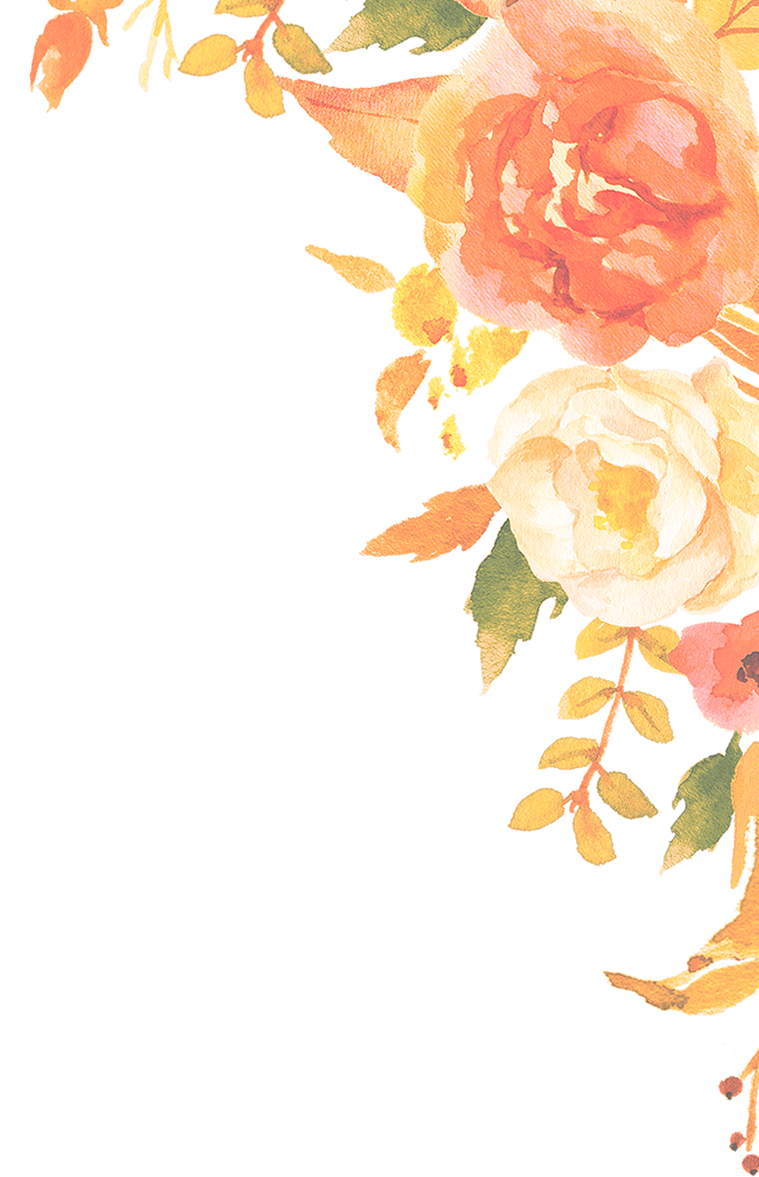



Awesome! I got so much out of it and have already started applying it to my everyday life. Lots of simple things that can be done to improve day to day experiences. I thought if I learn one thing per session I’d be pleased; as it was I learnt stacks!”
-PAST CLIENT
I can be accused of having saved the best for last. In terms of today’s topic I really am surprised that I did not share it earlier. It is the incredibly powerful happiness intervention called gratitude.
What is gratitude? Sonia Lyubomirsky writes:
Gratitude is many things to many people. It is wonder; it is appreciation; it is looking at the bright side of a setback; it is fathoming abundance; it is thanking someone in your life; it is thanking God; it is “counting blessings.” It is savouring; it is not taking things for granted; it is coping; it is present-oriented… The world’s most prominent researcher and writer about gratitude, Robert Emmons, defines it as “a felt sense of wonder, thankfulness, and appreciation for life”.1
Gratitude happens to be one of my stalwart happiness approaches, which never fails to fill me with hope and optimism. Recently a Reiki Master friend, who is truly gifted, gave me a hands-on healing. The process allowed me to delve into the sadness and disappointment I felt around partnerships. I had become a little bitter and cynical about men. During the healing I suddenly saw a completely different side to my history with men: I saw what they had done for me. My ex-husband had been a wonderful dad to our children, allowing me great freedom to pursue my hobbies and unfailingly taking the blame in arguments even when he was not at fault. My following partner had supported me through my darkest years, helping selflessly around the house, and gifting me with a gorgeous trip to England. The next man continually showered me with gifts and introduced me to the joys of a resort holiday, which he cheerfully paid for. And my male friends have blessed me with countless kindnesses as well. I realised that I had received so much from men, and my heart filled with gratitude. Needless to say, it was the perfect antidote to my bitterness, which I no longer feel.
And it is exactly this antidote capacity, which makes gratitude so potent. Watkins, Grimm and Kolts found that study participants inclined to gratitude recalled significantly more pleasant events and memories than did those who did not have a grateful disposition. They note that “grateful individuals tend to have more positive memories come to mind even when they are attempting to remember negative life events”. Because they recall positive life events more frequently, they are much more likely to judge their lives as satisfactory. Importantly, a grateful way of looking at negative events assists emotional recovery.2 Well, you might argue, perhaps grateful people are luckier and face less hardship and trauma in their lives? No they don’t: frequency of positive events does not contribute to people’s sense of gratitude – negative life events do! Watkins and colleagues write that the difference lies in the way grateful individuals put a positive spin on their negative experiences: they interpret life positively.3
Wood, Joseph and Linley found that grateful individuals were more likely to seek emotional and practical social support when they needed it. Grateful people used more positive, active strategies to face their challenges, such as planning and positive re-interpretation, rather than withdrawing and/or avoiding their problems.4
I have stressed the importance of our willingness to look for the silver lining at length in my posts on coping and resilience. To grateful people this comes naturally. For others it’s a matter of consciously considering in which way we are still lucky despite our challenges.
Emmons and McCullough randomly assigned study participants to one of three groups that wrote down every week for ten weeks up to five things that: 1. they were grateful for; or 2. had been a hassle; or 3. had (simply) affected them. Those who reported on things they were grateful for felt better about their lives, were more optimistic, had fewer physical symptoms of illness, and spent significantly more time exercising than participants in the other groups.5
Lyubomirsky points out that individuals with a grateful attitude enjoy more positive feelings, are happier, less materialistic and more hopeful, energetic, helpful, and forgiving than people who are not predisposed to gratefulness. Among people with chronic illness the counting of blessings also led to a stronger sense of social connectedness and better sleep.6
I think I have made my point. By practicing gratitude, we shift our focus away from our troubles and toward the blessings in our lives. So how do we do it?
I mentioned this last week, but this exercise is a stalwart used by Martin Seligman and deserves a little more explanation. Seligman recommends writing a gratitude letter to a person you have never properly thanked. Take up to a week to write about 300 words (that’s one hand written page). Be specific in your account and name what the person did for you, how this affected you, and how often you remember their good deed. For the biggest lift in emotional wellbeing, visit that person and read the letter to them, and then discuss it.7 If that is not feasible, post the letter. If you don’t have an address, don’t worry: You will still feel better from having written the letter.
Particularly during difficult times I try to practice this every day. Seligman notes that “we think too much about what goes wrong and not enough about what goes right in our lives”. Before you go to sleep, write down three things that went well that day. Entries can be profound or of personal importance only. Next to each entry, try to write why they went well.8 This will leave you feeling that the world is a benevolent place.
Lyubomirsky recommends selecting a day and time in your week when you are free to briefly step outside your life. Every week at that selected time, consider and note three to five things for which you are grateful. Think about the things you like about your life, what you are good at, have achieved, what has been positively resolved. Also consider the people who have cared for you and helped you. For most, once a week is the perfect timing for this exercise, but you can do it more or less frequently if this works better for you. The important thing is to keep it fresh and not to rattle off the same old blessings every time.9
Let us endeavour to walk the path of life with a grateful heart – for although it’s no walk in the park, it will offer redemptions which, if we notice and appreciate them, will help us to stay positive.
© Natalie Lydia Barker 2016
Notes
No Comments